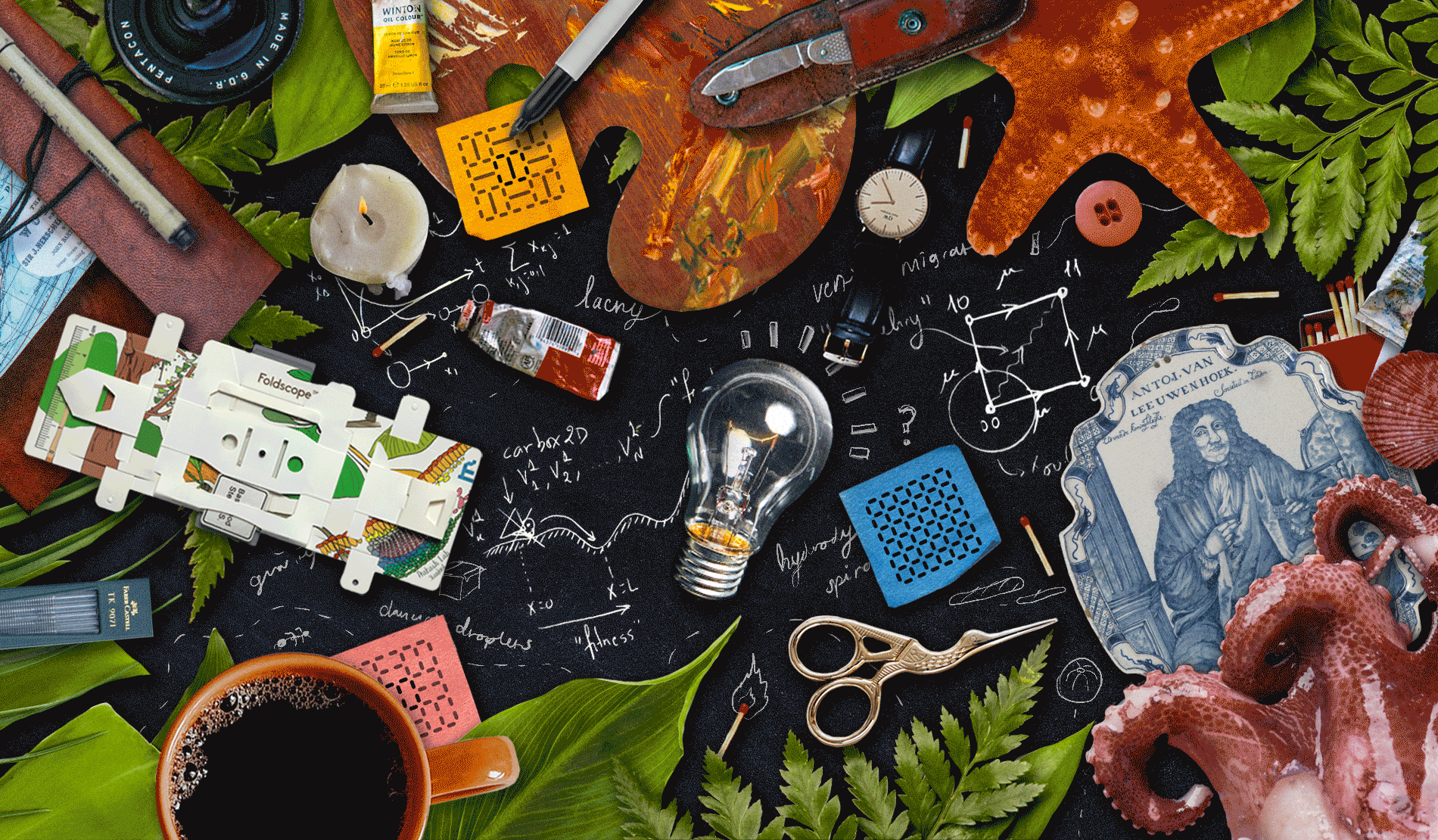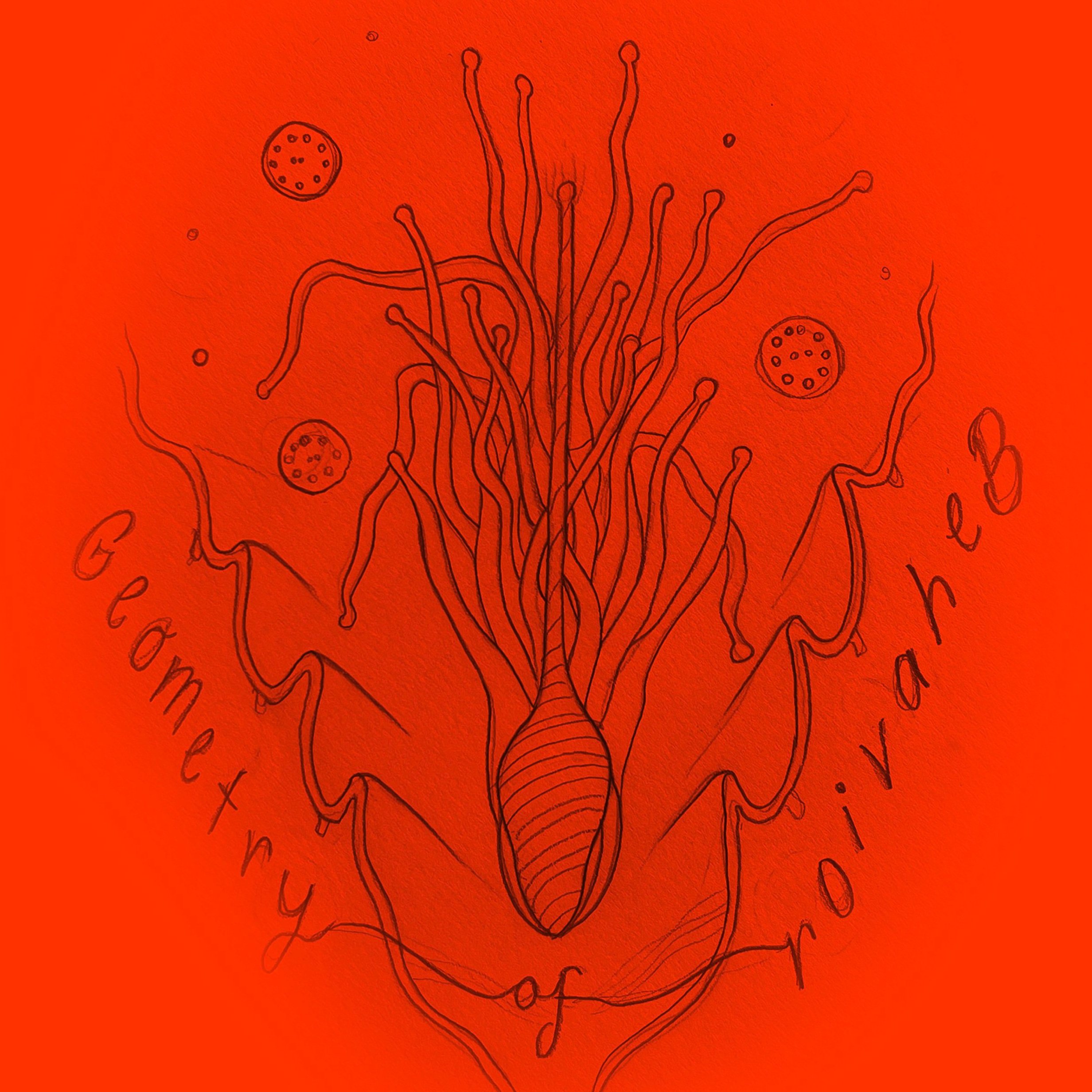Approach
We are a curiosity driven lab at the interface of physical biology, global health and frugal science.
Our work has two main focus areas: Biophysics and Frugal Science. In regard to Biophysics, we explore broad questions in biology inspired by observations of the natural world. We try to understand how biological systems embody computation (particularly in non-neuronal systems), spanning free-living single cells to early divergent metazoans. We investigate cell physiology questions focused on planktonic life in the open ocean — such as how cells detect gravity or survive under extremely high pressure.
In regard to Frugal Science, our work aims to tackle some of the most complex planetary-scale challenges, from climate change to emerging infectious diseases to extreme poverty. We invent, build, and scale-up ultra low-cost, yet powerful, open science tools for ecological monitoring, tropical disease diagnoses, and science education. Our field work-focused approach allows us to collaborate with vulnerable communities across the globe to build a healthy, equitable, and sustainable future. Over the last decade, our efforts have led to the design and deployment of numerous low-cost tools, enabling for research to be led by individuals in communities facing significant scientific challenges around the world.

Themes
FRUGAL SCIENCE
Using the philosophy of “frugal science” – innovating in the context of extreme resource limitations – we tackle some of the most complex planetary-scale challenges, from climate change to emerging infectious diseases to extreme poverty. We invent, build, and scale-up ultra low-cost, yet powerful, open science tools for ecological monitoring, tropical disease diagnoses, and science education. Our field work-focused approach allows us to collaborate with vulnerable communities across the globe to build a healthy, equitable, and sustainable future.
BIOPHYSICS
Organisms follow the same physical rules as nonliving systems. Yet, many organisms are capable of achieving astonishing tasks, from 15g acceleration of a single cell to making sophisticated decisions without neurons. Our lab thus applies approaches from topology, soft condensed matter physics, fluid mechanics, information theory, and ecology to problems in cell and organismal biology. We also develop and implement novel tools for studying non-model organisms in native environments, from the Arctic to the deep sea. At its heart, we are driven by curiosity about the natural world, seeking to understand the physical limits of biology and explore the impact of climate change on ecosystems.
INSTRUMENTATION
Building scientific instruments is a key focus area of the lab that often requires an interdisciplinary approach. Lab members draw from a diverse range of disciplines, from electrical engineering to hardware and software to classical fundamentals in physics.
Click a topic to explore
- acoustics
- automation
- biological oceanography
- biophysics
- cell biology
- centrifuge
- citizen science
- colorimetric assays
- cotton candy machine
- COVID19
- diagnostics
- education
- electricity-free
- environmental monitoring
- flow rate
- fluorescence excitation
- frugal science
- global health
- gravity machine
- instrumentation
- Instruments
- lacrymaria olor
- learning in single cells
- malaria
- masks
- mechanical intelligence
- microscopy
- microsporidia
- mosquitoes
- neuroscience
- open hardware
- oxygen
- paper microscope
- patterned illumination
- physical learning
- protistology
- protists
- proto-nervous
- reusable
- rotary jet spinning
- sailing
- surveillance
- sustainable
- thin smear
- topological puzzles
- toy systems
- tracking
- trichoplax adhaerens
- vector control
- virtual reality arena for single cells































